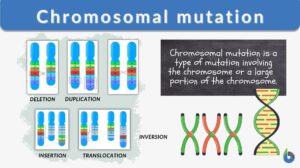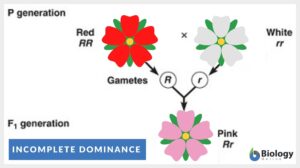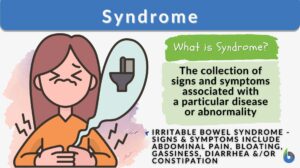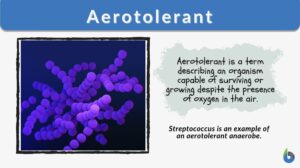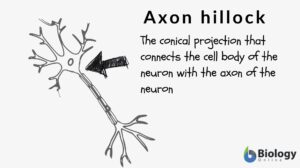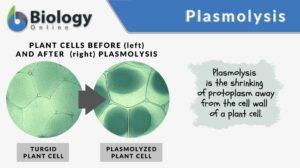Search Results for: partial
Partial pressure
partial pressure The pressure exerted by a single component of a mixture of gases, commonly expressed in mm hg or torr; for... Read More
Chromosomal mutation
Every living thing is made up of DNA. Our DNA is what makes us unique and different in the world. Our DNA is made up of... Read More
Incomplete dominance
Incomplete Dominance Definition After Gregor Mendel discovered inheritance laws, the term ''incomplete dominance'' was... Read More
Allopatric speciation
We can define speciation as a process by which the novel genetically independent group of organisms are formed through the... Read More
Y chromosome
Y chromosome Definition The Y chromosome constitutes one member of the pair of sex chromosomes within an organism, a common... Read More
Meroblastic cleavage
Definition noun (embryology) The incomplete cleavage in telolecithal or megalecithal eggs of animals, such as birds and... Read More
Intrinsic sympathomimetic activity
Definition noun The property of a drug that produces partial agonist effect at the receptor similar to the cholinergic... Read More
Hypomorphic mutation
Definition noun (genetics) A type of mutation wherein the change in gene leads to the partial loss of the normal... Read More
Codominance
Codominance Definition Codominance is a form of inheritance wherein the alleles of a gene pair in a heterozygote are fully... Read More
Polar molecule
Definition noun, plural: polar molecules A molecule with a net dipole as a result of the opposing charges (i.e. having... Read More
Respiration
Organization of the Respiratory System Each lung is composed of air sacs called alveoli - the sites of gas exchange with... Read More
Muscle tonus
Definition noun (1) The muscle in a steady partially contracted state caused by the successive flow of nerve... Read More
Incomplete metamorphosis
Definition noun (entomology) A partial metamorphosis in insects in which there is no complete physical change in insects,... Read More
De novo pathway
Definition noun, plural: de novo pathways (biochemistry) A biochemical pathway where a complex biomolecule is synthesized... Read More
Hemimetaboly
Definition noun (entomology) (1) An incomplete metamorphosis in insects. (2) Incomplete or partial physical changes in... Read More
Agglutinin
Definition noun, plural: agglutinins Any substance, usually of biological origin, that causes agglutination or clumping... Read More
Aerotolerant
Aerotolerant Definition The term "aerotolerant" pertains to an organism that does not require oxygen for growth but can... Read More
Bean sprouts
Definition noun, singular: bean sprout Beans, especially the edible kinds (e.g. mung beans and soybeans), sprouting or... Read More
Krebs cycle
Krebs cycle, also known as the citric acid cycle or tricarboxylic acid (TCA) cycle, is a fundamental metabolic pathway that... Read More
Merocrine gland
Definition noun, plural: merocrine glands A type of exocrine gland in which the secretory products are released without... Read More
Amorphic mutation
Definition noun (genetics) A type of mutation wherein the change in gene leads to the loss of the normal (wild-type) gene... Read More
Antimorphic mutation
Definition noun (genetics) A type of mutation wherein the change in gene alters the activity of the gene such that it... Read More
DNA polymerase I
Definition noun The first known DNA polymerase, encoded by polA gene, and is involved in DNA replication in... Read More
Overdominance
Definition noun (genetics) A type of dominance characterized by a phenotype that is more pronounced in a heterozygote... Read More
Patau syndrome
Definition noun A genetic disorder caused by genetic changes in chromosome 13, such as an extra copy of chromosome 13... Read More
Cellobiose
Definition noun plural: cellobioses cel·lo·bi·ose, ˌsɛləʊˈbaɪəʊz A disaccharide made up of two glucose... Read More
Axon hillock
Axon Hillock Definition What is axon hillock? If you are familiar with the different parts of the neuron, the axon hillock... Read More
Plasmolysis
Plasmolysis is the shrinking of protoplasm away from the cell wall of a plant or bacterium. The protoplasmic shrinking is... Read More


